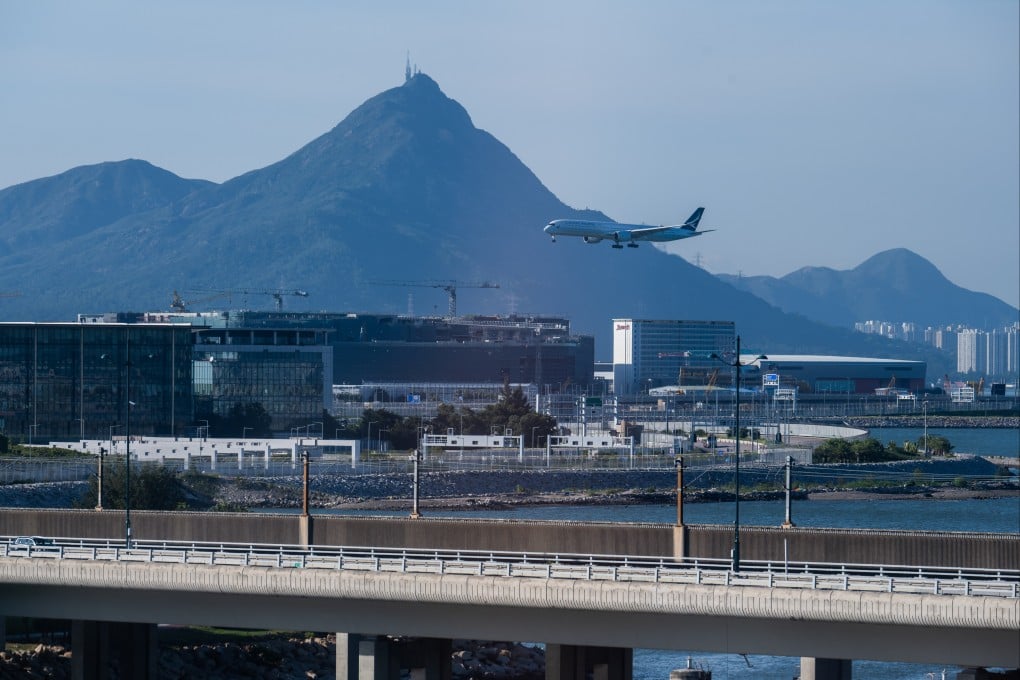Advertisement
Opinion | Hong Kong is now better equipped to deal with Covid-19 and open up to the world
- The city’s new health secretary has pledged to use scientific, effective and precise measures to achieve maximum results
- For Hong Kong, the best measure would be to map a science-based exit path from the pandemic, as befits a global financial centre
Reading Time:4 minutes
Why you can trust SCMP
28

It is encouraging that the new chief executive is considering options to reopen our borders. This is critical to maintaining Hong Kong’s multiple roles as an international financial centre, aviation hub and a super-connector.
In the US, where Covid-19 has killed more than 1 million people, the discord between then president Donald Trump and public health scientist Anthony Fauci demonstrated that putting politics ahead of science costs lives.
Hong Kong is lucky to have many world-class public health academics. Even if they don’t unanimously agree on any public health measure or strategy, their majority view should form the basis for the government’s decisions. Thus, the new health secretary’s pledge to use scientific, effective and precise measures to achieve maximum results at minimum cost is welcome.
Advertisement
It is clear that Hong Kong has lost a lot of talent and business opportunities recently, as a result of our well-intentioned “dynamic zero Covid” policy. Major push factors have included forced separation of infected children from parents in hospitals, suspension of school classes, and the flight suspension mechanism, which has caused misery to passengers booked on abruptly cancelled flights.
The fact is that once people relocate to other cities with fewer or no pandemic restrictions, find schools for their children and settle down, they are very unlikely to come back, given the high cost of relocation and their bad memories of the city’s Covid-19 policy.
Advertisement
Now that Hong Kong has brought the fifth wave under control, it is time to show that the city still enjoys a high degree of autonomy by opening up to the rest of the world now.
Advertisement
Select Voice
Choose your listening speed
Get through articles 2x faster
1.25x
250 WPM
Slow
Average
Fast
1.25x
